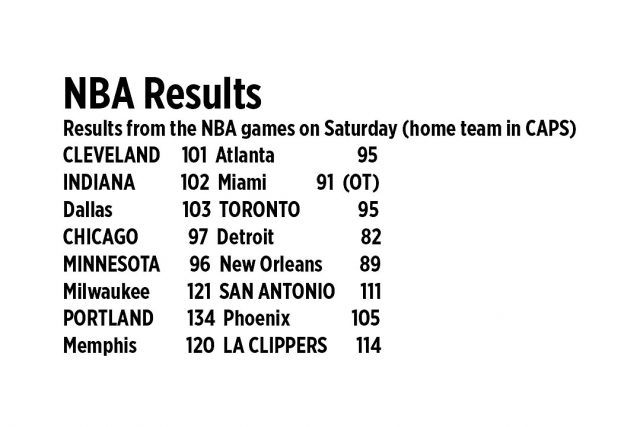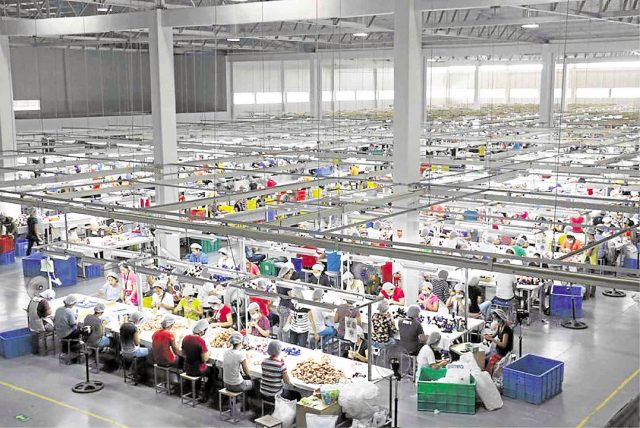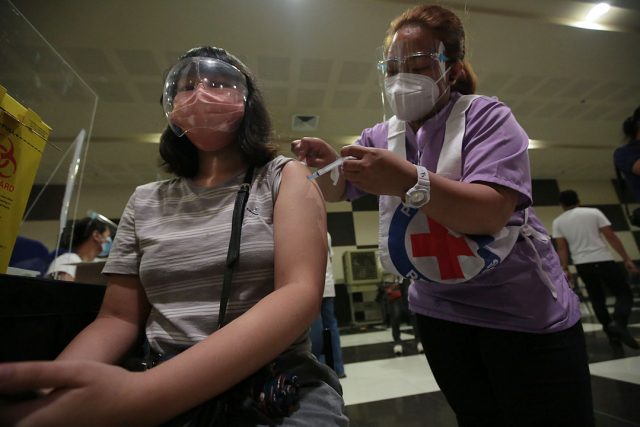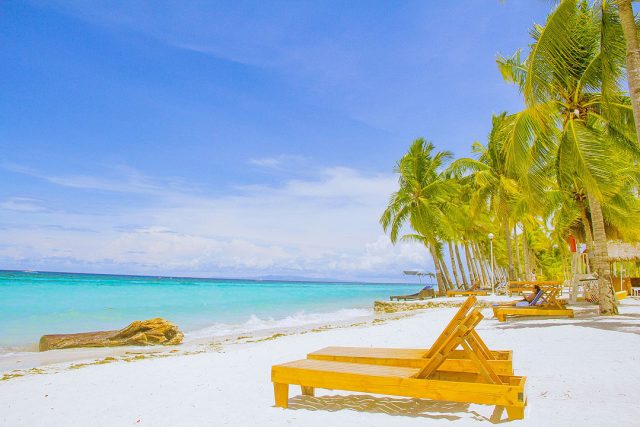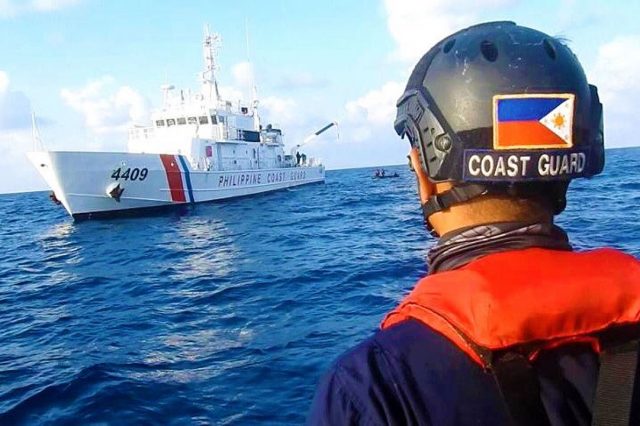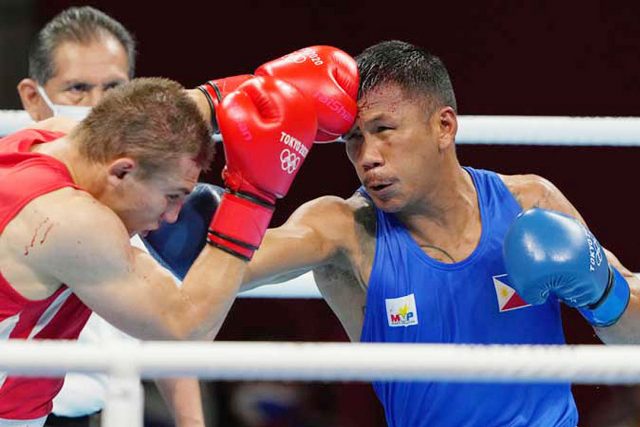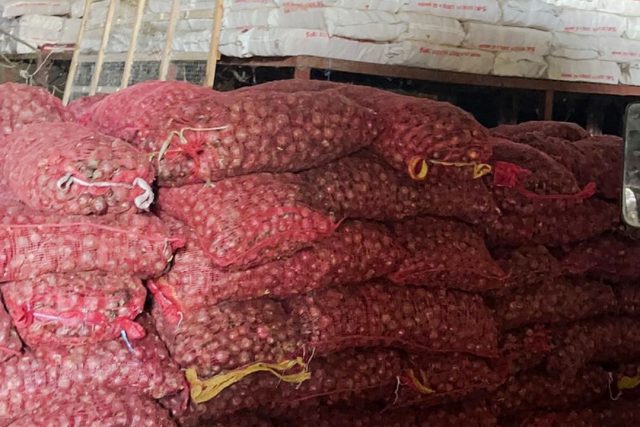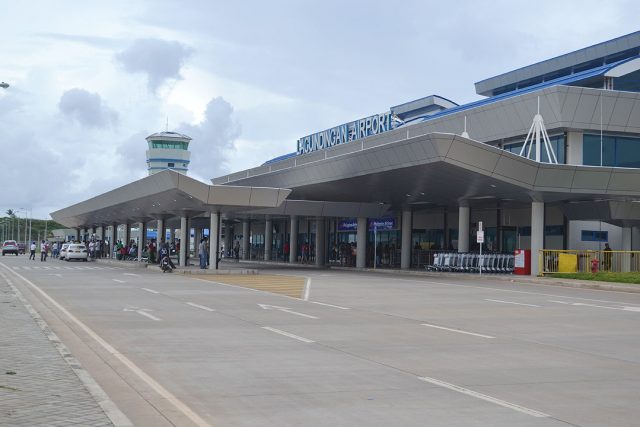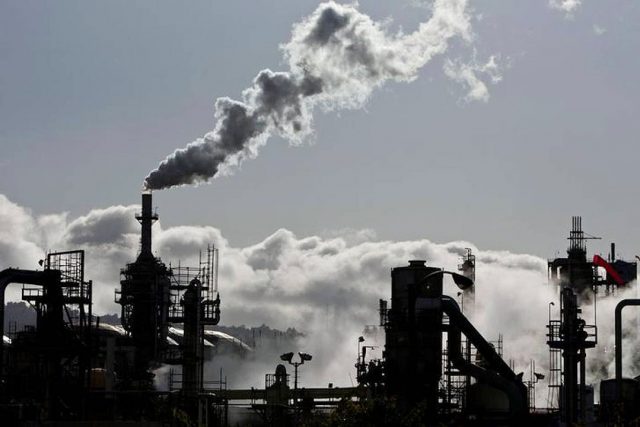By Luz Wendy T. Noble and Kyle Aristophere T. Atienza, Reporters
FOREIGN investors are likely to stay cautious during the Philippine election season to gauge policies that will be prioritized by the next government, analysts said.
“Investors in the near term may adopt a wait-and-see approach ahead of the possible change in leadership while also waiting to see if the Philippines can finally bounce back and exit from its ongoing economic recession,” ING Bank-N.V. Manila Senior Economist Nicholas Antonio T. Mapa said in an e-mail.
The Philippines could attract new investments if there are efforts to help the country bounce back given that recovery is among “the slowest in the world” amid a coronavirus pandemic, Cid L. Terosa, a senior economist at the University of Asia and the Pacific, said in a separate e-mail.
“The prolonged pandemic will continue to dampen investor sentiment except if the country can manifest its capability to implement looser mobility and transactional restrictions and achieve faster economic recovery,” he added.
Foreign direct investments (FDI) would probably improve for the rest of the year due to low levels in 2020.
FDI inflows sank to a five-year low of $6.542 billion last year, when the world was forced to deal with the pandemic. Inflows have improved in recent months from their levels a year earlier.
July inflows climbed by 52% to $1.263 billion from a year earlier. This brought the seven-month level to $5.562 billion, 43.1% higher than a year ago.
Mr. Terosa said investors would be keen on policies that will boost the capacity of the country’s health system and its ability to deal with future health crises.
Other key considerations will be policies on restructuring the economic and business environments during the so-called new normal.
The Philippines was last among 121 countries in Nikkei Asia’s COVID-19 Recovery Index. It also fell to last place among 53 countries in a Bloomberg study that measured the resilience and response of economies to the coronavirus pandemic.
Foreign investors would also watch the stance of presidential candidates on human rights issues because political instability could hurt economic growth, political analysts said.
“The rule of law is very important to investors,” Ruben Carlo O. Asuncion, chief economist at UnionBank of the Philippines, Inc. said in a Viber message. “Investors are watching what presidentiables will put out there especially on human rights.”
“What presidential candidates stand for and their deep convictions may impact policies, and thus, the attractiveness of the Philippines to investments,” he added.
More foreign investors are now using the so-called environmental, social and governance (ESG) criteria in their investment decisions, said Michael L. Ricafort, chief economist at Rizal Commercial Banking Corp.
“Global investors have become more particular on ESG standards in recent years before making investments in a given country, as also increasingly required by regulators worldwide,” he said in a Viber message.
Tens of thousands of drug suspects were killed in President Rodrigo R. Duterte’s deadly war on drugs, according to the United Nations. The Philippine Commission on Human Rights has accused the state of violating human rights by abetting police abuses.
The International Criminal Court (ICC) has ordered an investigation of Mr. Duterte’s crackdown on illegal drugs that has killed thousands, as it found “reasonable basis” that crimes against humanity might have been committed.
The European Union in September last year threatened to revoke tariff perks the Philippines has enjoyed since 2014 given the “seriousness of human rights violations” under the Duterte government.
Fitch Solutions Country Risk and Industry Research earlier said a shift to a liberal democratic presidency next year remained low, highlighting the potential for key Duterte policies such as the drug war to continue.
It said the son and namesake of the late dictator Ferdinand E. Marcos would probably continue Mr. Duterte’s policies if he becomes president next year, posing risks of another strongman rule.
DEAL-BREAKER
Ferdinand “Bongbong” R. Marcos, Jr. who was among the top three presidential candidates in a recent opinion poll, “appears to favor Duterte’s strongman leadership and has shown support for his father’s rule, posing risks of increased authoritarianism,” Fitch Solutions said.
Senator Ronald M. Dela Rosa, the standard bearer of a PDP Laban faction headed by Mr. Duterte, would probably focus on crime and mirror his style, it said.
The president’s former police chief has vowed to block any potential investigation by the ICC. He earlier said he would give up his slot to Davao City Mayor and presidential daughter Sara Duterte-Carpio if she runs for president.
Ms. Carpio, who met with Mr. Marcos in Cebu on Saturday, may be substituted for Mr. Dela Rosa as long as she becomes a member of the party. The substitution period is allowed until mid-November.
Fitch Solutions said Manila Mayor Francisco “Isko” M. Domagoso, who is also running for president, is expected to tackle crime but less aggressively.
Tirso Raymond S. Gutierrez, country managing director at Grover Pte Ltd., said the political stability of a potential FDI destination could be a deal-breaker for long-term investors who want to “invest in production, manufacturing, construction and other economic activities that create jobs and revenues for the bigger economy.”
Long term investors are more likely to be particular on human rights issues, the former banker said in a Facebook Messenger chat.
Attacks on civil society, media and other democratic institutions could upset investors because human rights violations threaten domestic security, said John Paolo R. Rivera, an economist at the Asian Institute of Management.
“Any form of threat to them diminishes investor confidence,” he said in a Viber message. “There are investors who have a low appetite for economies with threatened socioeconomic fundamentals.”
Mr. Duterte has been attacking news organizations critical of his administration. His allies in Congress last year rejected the franchise application of ABS-CBN Corp., which aired news stories about his alleged secret bank accounts.
The Philippines this year slipped two notches in the World Press Freedom Index by Reporters Without Borders, ranking 138th among 180 countries. It was the fourth straight year that the country fell in the Paris-based organization’s ranking.

